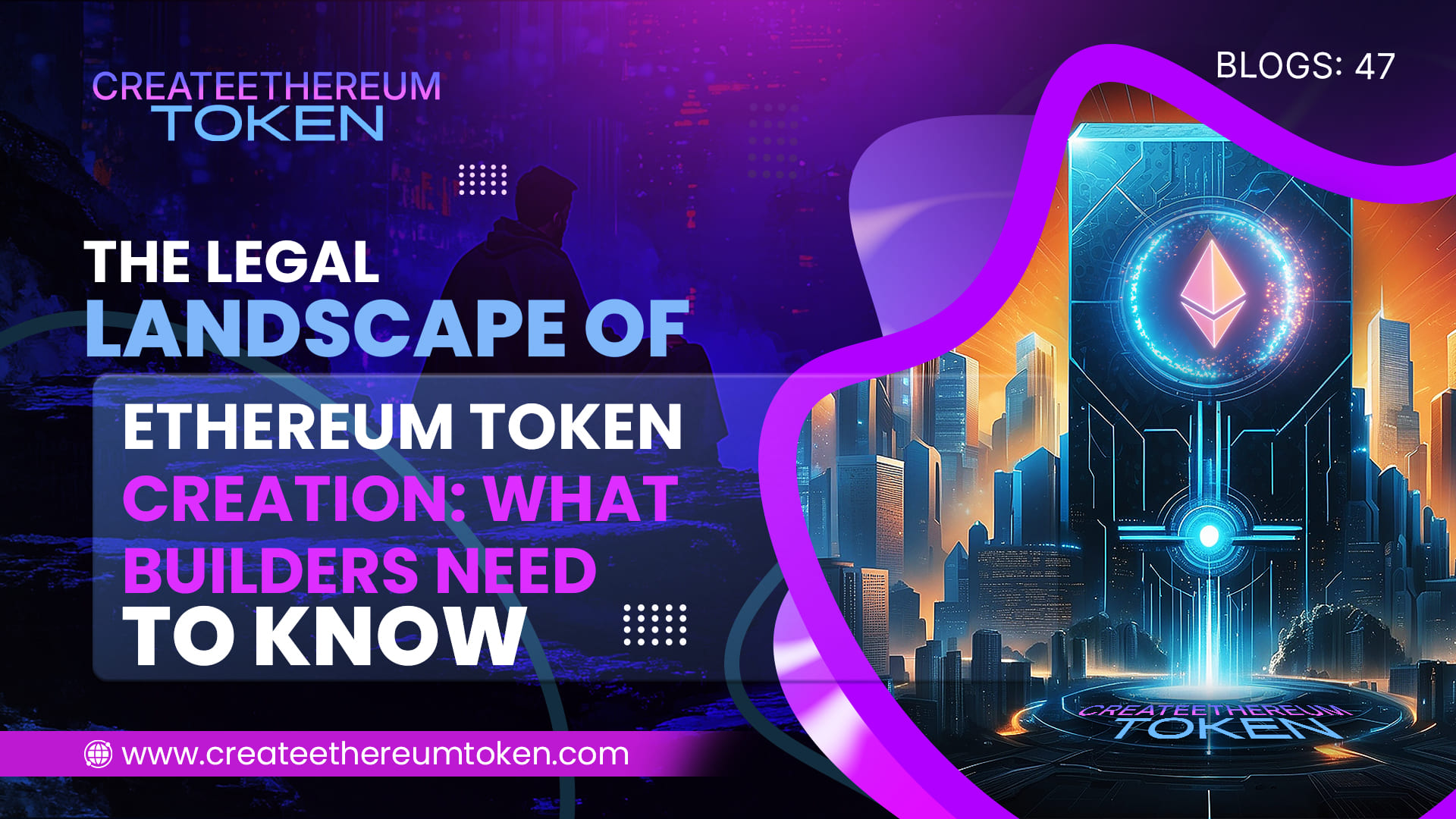April 5, 2025
How Ethereum Tokens Are Driving the Next Generation of Digital Identity Solutions
In a world increasingly shaped by digital interactions, the need for secure and user-controlled identity systems is more important than ever. Traditional identity verification methods are often cumbersome, prone to breaches, and controlled by centralized authorities. Ethereum, with its powerful token standards and decentralized infrastructure, is emerging as a game-changer in the digital identity space.
Why Digital Identity Needs a Rethink
Current identity systems are fragmented and insecure. Users often have to share sensitive data with multiple platforms, increasing the risk of identity theft. Additionally, centralized databases are frequent targets for hackers. This outdated approach calls for a decentralized alternative where individuals control their data.
The Role of Ethereum in Decentralized Identity
Ethereum’s blockchain technology allows for the creation of self-sovereign identity systems. These systems let users manage their identities through Ethereum-based tokens, which can represent anything from citizenship and university degrees to social credentials or health records. These tokens are stored securely in users’ wallets, making them tamper-proof and verifiable without intermediaries.
Key Token Standards for Identity Solutions
Two Ethereum token standards—ERC-721 and ERC-1155—are especially relevant to identity. While ERC-721 is used for unique, non-fungible credentials (e.g. diplomas or licenses), ERC-1155 supports batch-issuance and multi-type credentials, ideal for managing complex identity layers like roles in DAOs or multi-domain access rights.
Real-World Use Cases of Ethereum-Based Identity
Projects like BrightID, Civic, and Serto (formerly uPort) are building digital ID frameworks on Ethereum. These platforms offer solutions for KYC compliance, credential verification, and social identity management. In Web3, Ethereum-based identities are already being used to gate access to exclusive content, events, or dApps—no passwords needed.
Privacy, Control, and Compliance
One of the key advantages of Ethereum-based identity is privacy. With zero-knowledge proofs and selective disclosure, users can prove they meet requirements (like being over 18 or KYC-verified) without exposing sensitive data. This aligns with data protection regulations like GDPR and gives users back control of their identity.
Conclusion
Ethereum tokens are laying the foundation for a new era of digital identity—one that is decentralized, privacy-focused, and user-empowered. As adoption grows, these blockchain-powered identity solutions will reshape everything from how we log in to websites to how we access financial services or prove our credentials. The future of identity is on-chain—and Ethereum is leading the way.






